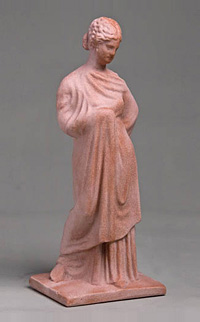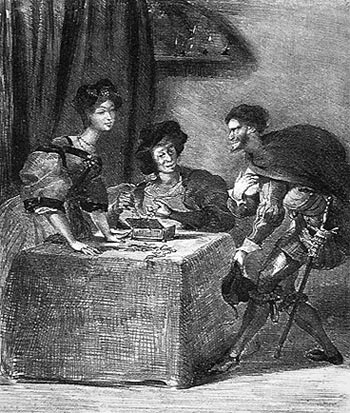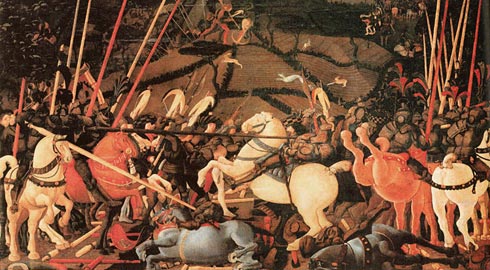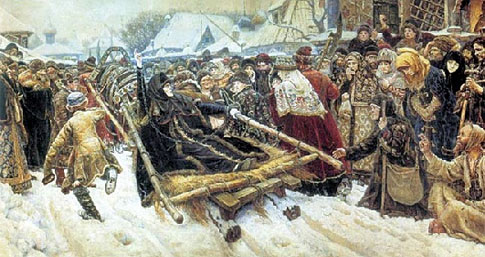French philosopher
Fritz Kremer: “I had the good fortune to create many monuments that stand on the street”
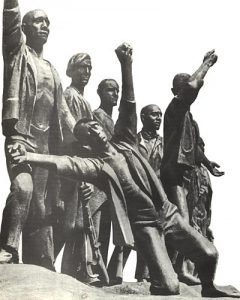 The essence of understanding of the creative tasks of Kremer is to appeal to the broad masses of the people. “I feel it my duty,” says the artist, “to speak about the events that I experienced as a participant or a witness.” Fritz Kremer’s path more than once led him to the brink, the transition of which required risking his life. His art speaks of the most tragic and sorrowful moments in the history of the 20th century courageously, simply and frankly. The artist does not lose faith in the bright forces of man and does not allow falsehood and emotion.
The essence of understanding of the creative tasks of Kremer is to appeal to the broad masses of the people. “I feel it my duty,” says the artist, “to speak about the events that I experienced as a participant or a witness.” Fritz Kremer’s path more than once led him to the brink, the transition of which required risking his life. His art speaks of the most tragic and sorrowful moments in the history of the 20th century courageously, simply and frankly. The artist does not lose faith in the bright forces of man and does not allow falsehood and emotion.
Fritz Kremer was born 80 years ago in the small mining town of Ruhr. He was not one year old when he lost his father, and at the age of 16 after his mother died, he left the burgher’s stepfather’s house that was alien to him. Continue reading
Leah Grundig – the art of anger and struggle
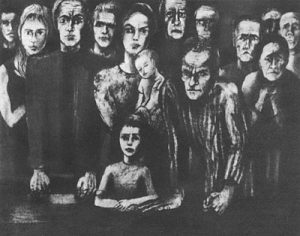 Expressive ink drawings, expressive genre compositions and portraits made with black chalk, aggressive engravings based on the confrontation of light and shadow … figures of the unemployed, touching images of proletarian children and women, exhausted by fear and need. Other sheets show working demonstrations and meetings, heated debates and discussions. The German artist Lea Grundig was vividly and accurately embodied in the plight of the workers and the ripening feeling of protest in their ranks during the dark days of the fascist nightmare. Continue reading
Expressive ink drawings, expressive genre compositions and portraits made with black chalk, aggressive engravings based on the confrontation of light and shadow … figures of the unemployed, touching images of proletarian children and women, exhausted by fear and need. Other sheets show working demonstrations and meetings, heated debates and discussions. The German artist Lea Grundig was vividly and accurately embodied in the plight of the workers and the ripening feeling of protest in their ranks during the dark days of the fascist nightmare. Continue reading
Vincent van Gogh in Holland
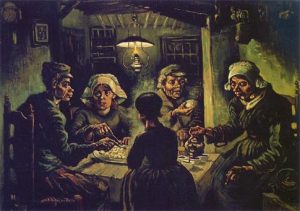 In 1879, when the epidemic of typhoid fever and fever in a multitude mowed people, Borinage’s miners marveled at the young lord, who fearlessly avoided the infected shacks, nursing the sick and maimed. This man was Vincent Van Gogh. Traveling over half of Europe, he ended up as a missionary at the coal mines. When the disaster at the mine was followed by a massive explosion of indignation of the miners, Vincent, their defender, entered into open conflict with the administration. “For almost two years,” he wrote bitterly about this to his brother, “I had to go through something in Borinage that did not look like a pleasure walk.” The unrest of the miners was suppressed, and the obstinate preacher was denied a seat. Continue reading
In 1879, when the epidemic of typhoid fever and fever in a multitude mowed people, Borinage’s miners marveled at the young lord, who fearlessly avoided the infected shacks, nursing the sick and maimed. This man was Vincent Van Gogh. Traveling over half of Europe, he ended up as a missionary at the coal mines. When the disaster at the mine was followed by a massive explosion of indignation of the miners, Vincent, their defender, entered into open conflict with the administration. “For almost two years,” he wrote bitterly about this to his brother, “I had to go through something in Borinage that did not look like a pleasure walk.” The unrest of the miners was suppressed, and the obstinate preacher was denied a seat. Continue reading
